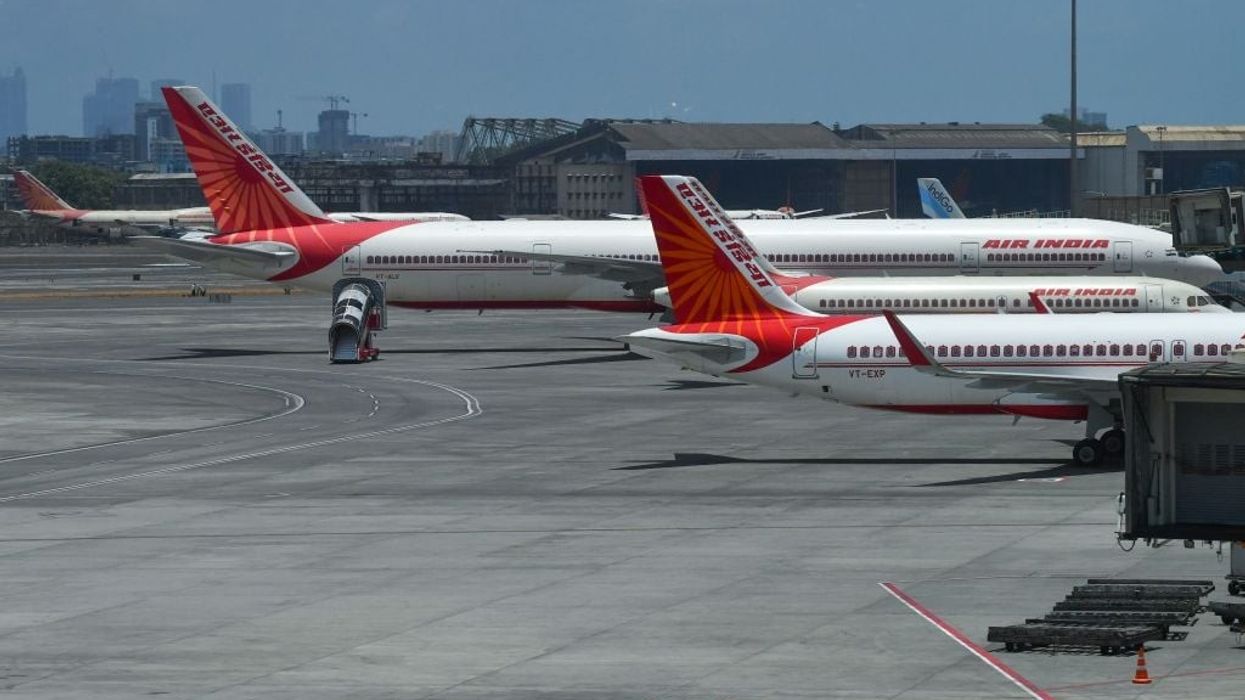Tensions rose in the aviation industry over plans to transform Air India into a global airline with hundreds of new jets, as foreign carriers called for greater access to India's rapidly growing economy.
The sale of India's flag carrier to Tata conglomerate has led to increasing demands for the government to lift restrictions on the capacity of flights to and from India, which were put in place after heavy losses suffered by Air India at the start of the last decade.
Despite these restrictions, a large-scale restructuring of the airline, which includes an order for 470 planes, has reignited the debate over market access. This issue was the subject of discussion at an aviation conference in New Delhi on Tuesday (21).
Dubai's Emirates, Turkish Airline and Kuwaiti carrier Jazeera Airways all called for sharp increases in traffic rights to and from India to meet demand. Vietnam and Indonesia also want more flights, an Indian official said.
"We are not getting enough share from this market," Turkish Airlines Chief Executive Bilal Eksi told the CAPA India conference. Dubai has requested an extra 50,000 seats a week on India routes.
But in an exclusive interview, India's civil aviation minister told Reuters the government is not currently looking at easing curbs. He urged Indian airlines to order more big jets to meet demand without forcing passengers to change planes.
"I think it's about time that our carriers looked at the international market with greater focus. That's what we are pushing the airlines to do and that process has already started," Jyotiraditya Scindia said.
Currently most Indians use foreign carriers for long trips, often changing at Gulf hubs, with relatively few long-range jets based in the country despite a population of 1.3 billion.
Now, the rebirth of Air India and launch of a new Saudi carrier with dozens of jet orders has shuffled the deck and left Dubai's massive international hub flanked by new rivals.
But Emirates President Tim Clark welcomed the launches and said there was enough room for everyone without traffic curbs.
"There's so much (demand) there that none of us will be able to deal with it, if we allow unconstrained growth," he said.
Analysts said India's government is in no hurry to relax the curbs as it seeks to recapture traffic lost to foreign carriers - part of a wider initiative to create an economic powerhouse.
In one exception, India has granted more flights to Russia, Civil Aviation Secretary Rajiv Bansal said.
Other analysts noted India is not alone in making use of a post-war system of air traffic agreements to aid development.
(Reuters)





